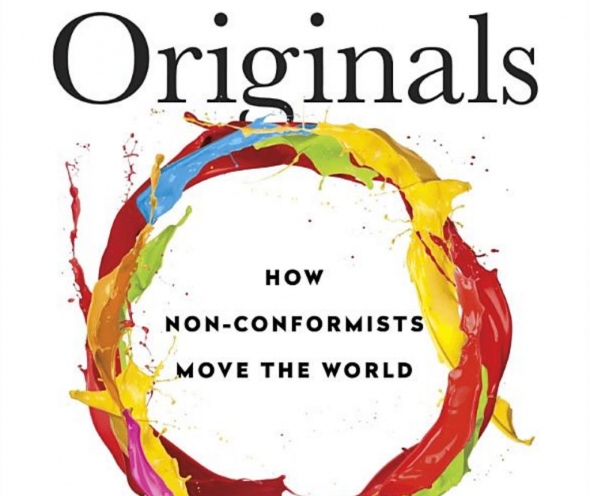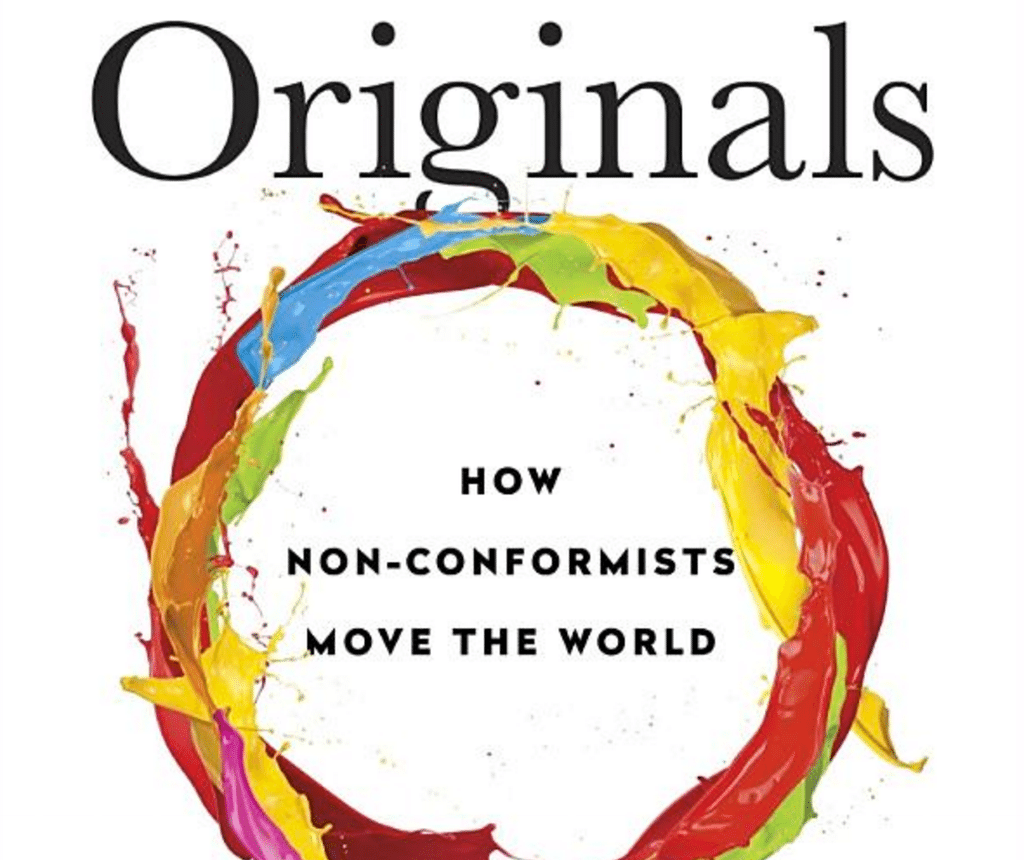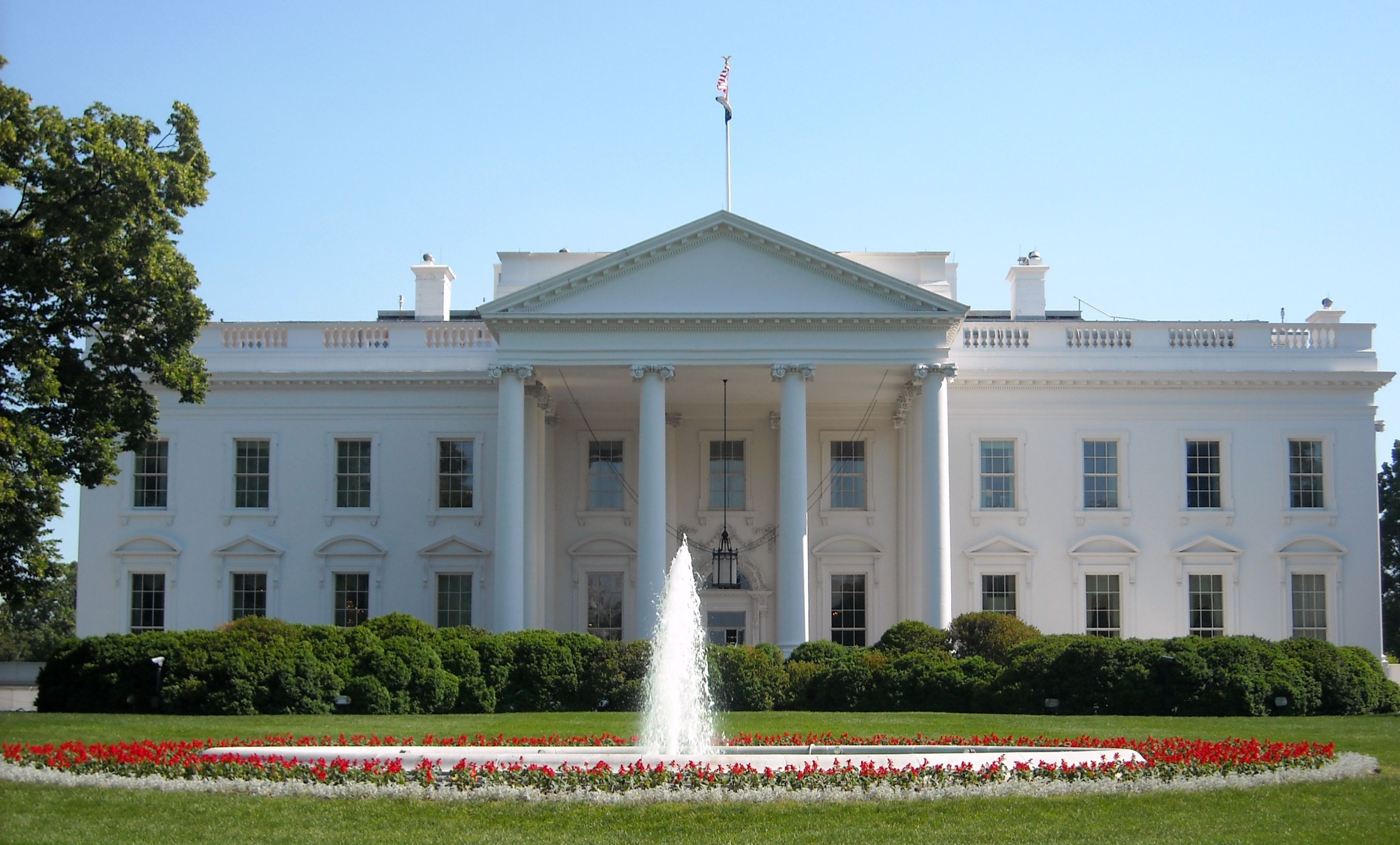A huge emphasis of the Humphrey Seminar, especially for the attaches like me, is developing leadership skills. To this end Dr. Bill assigned us to read a book about leadership and present our opinions and insights. I chose Originals: how non-conformists change the world by renowned University of Pennsylvania professor Adam Grant. Grant’s book focuses on the habits and intricacies that help unconventional ideas and unconventional thinkers drive innovation. Furthermore Originals talks about how leaders can best foster ingenuity and fight against group-think to achieve success.

This book changed my thinking in a lot of ways, not only about how to lead, but about how to promote creativity in both myself and others. Many of Grant’s most important insights came from studying the highly successful financial firm Bridgewater Capital. Through this case study I learned a lot about the importance of openness, creating dialogue, even criticism, and how to weigh peoples opinions. Perhaps the most interesting thing about Bridgewater is how the openly welcome criticism of all ideas, from all people, regardless of their standing. One of bridgewater’s main values is that if you have an opinion, you must speak up. Their employees learn the value of other’s ideas and how not to take criticism as personal. The companies values and openness have resulted in great success over the years.
Two very strong leadership quotations I took away from the book are “hire not on cultural fit, but on cultural contribution”, and “ask for problems, not solutions”. The first was highly important for creating a strong atmosphere where people can achieve success. It is important to bring in all sorts of people, not only through hiring, that have diverse viewpoints. Allowing people with many different views and experiences to speak openly helps to promote well developed and innovative ideas, while preventing group-think. The second quotation captures the importance of leaders in helping to define problems and promote new and creative solutions. Good ideas need to be developed through extensive review and feedback. By asking “why might this fail” we can help to address future issues before they arise and take a step back to really review the pros and cons.

I leave you all with some more of the most impression-making “refrigerator quotations” from the book:
“In the stock market, if you’re going to make a risky investment, you protect yourself by playing it safe in other investments… successful people do the same thing with risks” -p.19
“In reality the biggest barrier to originality is not idea generation- it’s idea selection… Our companies, communities, and countries don’t necessarily suffer from a shortage of novel ideas. They’re constrained by a shortage of people who excel at choosing the right novel ideas.” –p.31
“… this explains why we often undercommunicate our ideas. They’re already so familiar to us that we underestimate how much exposure an audience needs to comprehend and buy into them” -p.76
“Great originals are great procrastinators, but they don’t skip planning altogether. They procrastinate strategically, making gradual progress by testing and refining different possibilities” -p.102
“In efforts to challenge the status quo originals often ignore their opponents. If someone is already resisting a change, the logic goes, there’s no point wasting your time on him. Instead, focus on strengthening your ties with people who already support you. But our best allies aren’t the people who have supported us all along. They’re the ones who started out against us and then came around to our side.” –p.131
“Highlighting consequences for others directs attention to the distress of the person who may be harmed by an individual’s behavior, fueling empathy. It also helps children understand the role that their actions played in causing the harm, resulting in guilt… the dual moral emotions of empathy and guilt activate the desire to write the wrongs of the past.” -p.165
“If you’re going to build a strong culture, it’s paramount to make diversity one of your core values. This is what separates [Bridgewater’s] strong culture from a cult: The commitment is to promoting dissent.” -p.190
“instead of attempting to turn worries and doubts into positive thoughts and emotions, we can shift the go system into high gear by embracing our fear. Since we’ve set our minds to press forward, envisioning the worst case scenario enables us to harness anxiety as a source of motivation to prepare and succeed.” –p.217


